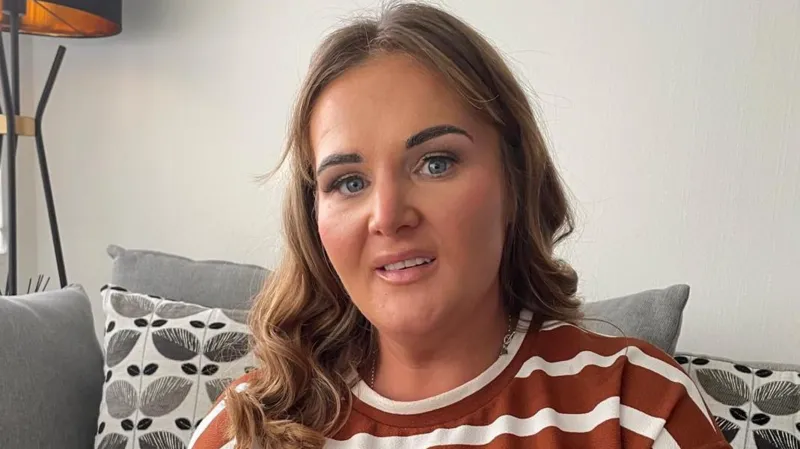
An in-depth look at trafficking survivors
NGOCSTIP – Trafficking survivors often say that escaping their captors does not mean escaping the suffering. Long after the doors of physical confinement open, emotional scars remain—some visible, others buried deep inside. For many survivors, the trauma becomes part of everyday life, shaping how they think, trust, and move through the world. That is why calls for stronger sentences often come directly from victims themselves. To them, justice is not only about accountability but about acknowledging the lifelong weight they carry.
Survivors of trafficking frequently describe their recovery as an ongoing journey rather than a clean, quick process. The trauma can manifest in different ways:
Persistent nightmares and flashbacks
Fear of certain places, people, or sounds
Difficulty forming trusting relationships
Anxiety, depression, or emotional instability
Shame or guilt, even though they are not at fault
These experiences don’t disappear after a court hearing ends. For many, the impact lasts for decades—sometimes a lifetime. This is why survivors often feel a sharp contrast between the length of their suffering and the length of the perpetrator’s punishment.
To many survivors, sentencing is more than a legal formality. It is a symbolic and practical response to the harm done. When a perpetrator receives a light or reduced sentence, survivors may feel as though their pain has been minimized. On the other hand, strong sentencing offers emotional validation and a sense of safety.
Survivors argue that traffickers often plan their crimes carefully, exploiting vulnerabilities for profit or control. They manipulate, isolate, and abuse their victims while assuming they will never face meaningful consequences. For these reasons, many victims strongly believe that those responsible should face penalties that truly reflect the severity of their crimes.
Trafficking does not only damage the individual—it affects families, partners, children, and communities. Survivors may struggle with stable work, educational opportunities, or social connections long after their escape. Some battle addictions or chronic mental health challenges triggered by their trauma.
This interconnected suffering reinforces the idea that sentencing should reflect the broader harm caused. A short prison term does little to address the long-lasting social and emotional wounds left behind.
While the justice system cannot erase the past, it can acknowledge the present and protect the future. Fair and proportionate punishment can:
Provide survivors with closure
Offer reassurance that offenders cannot harm others
Reinforce public awareness of trafficking
Encourage other victims to come forward
For survivors, justice is not about revenge—it is about safety, recognition, and respect.
Beyond personal healing, survivors often advocate for harsher penalties to prevent others from experiencing what they endured. By ensuring traffickers face significant consequences, society can send a clear message that exploitation will not be tolerated.
Stronger sentencing also helps dismantle trafficking networks, many of which rely on repeat offenders. Keeping such individuals away from potential victims is both a protective measure and a moral responsibility.
For trafficking survivors, healing is rarely simple. Their pain may last decades, shaping every part of their lives. When they say, “Our trauma never ends—his sentence shouldn’t either,” they are not asking for punishment out of anger. They are asking for justice that recognizes the depth and duration of their suffering. A justice system that listens to survivors is a system capable of real change—one that protects, heals, and ensures such crimes are never repeated.